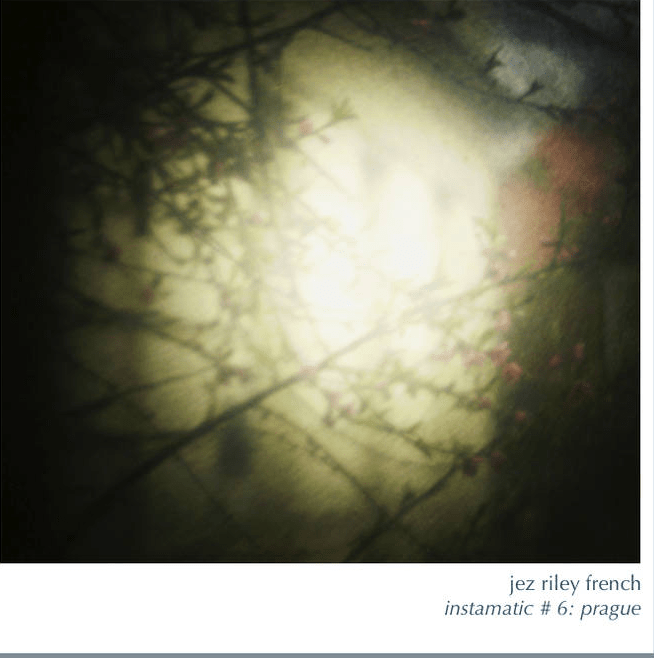
In 2010 Jez Riley French visited Prague again for a few days….the few days turned into a week due to volcanic ash closing the airspace over Europe….he walked around Prague sometimes recording, sometimes not….just walking & listening & looking – for his own pleasure….on the eventual long coach journey back to the UK he listened back to the recordings & found them to have captured ‘something’….an evocative representation of the rich filigree of sounds that came & went on those walks….

